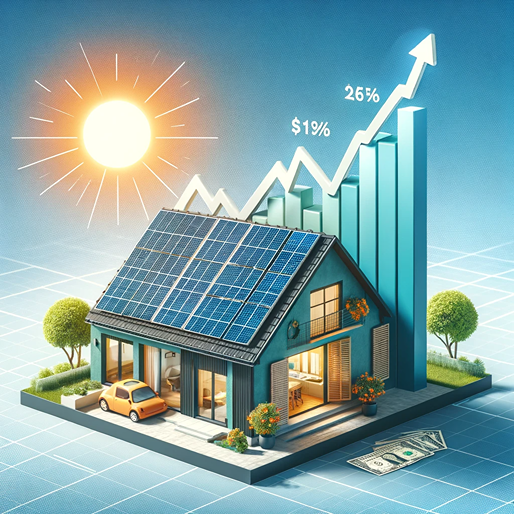Introduction
In today’s world, where energy costs are continually rising, finding ways to reduce monthly bills is more important than ever. Solar power emerges as a leading solution in this arena. This blog post explores how solar energy can significantly lower your energy bills, providing both short-term and long-term financial benefits.
The Mechanics of Solar Energy Savings
To understand the savings, it’s essential to know how solar panels work. Solar panels convert sunlight into electricity that can be used to power your home or business. When your solar panels produce more electricity than you use, the surplus energy is often sent back to the grid, and you may receive credits from your utility company – a process known as net metering.
Initial Investment vs. Long-Term Savings
While the initial cost of installing solar panels can be significant, the long-term savings are substantial. Reduced utility bills begin immediately after installation, and over time, these savings can completely offset the initial cost.
Impact of Solar Power on Peak Time Charges
Many utility companies charge higher rates for electricity during peak hours. Solar panels typically produce the most power during these times, allowing you to avoid these higher charges and save money.
Tax Credits and Incentives
Many governments offer tax credits and incentives for solar panel installation, which can significantly reduce the initial investment cost and accelerate the financial return.
Increased Energy Independence
Solar power reduces your reliance on the grid and protects you from rising energy costs in the future. This energy independence is not only empowering but also financially beneficial.
Enhanced Property Value
Homes and commercial properties with solar energy systems often see an increase in value, making solar power a smart investment in the real estate market.
Solar Batteries and Additional Savings
With the advent of solar batteries, you can store excess energy for use during non-sunny periods, further reducing your reliance on the grid and your energy bills.
The Environmental Bonus
While not a direct financial benefit, the environmental advantage of solar power is a significant bonus. By reducing your reliance on fossil fuels, you contribute to a cleaner, greener planet.
Conclusion
Switching to solar power is more than just an environmentally conscious decision; it’s a financially smart move. With the potential to significantly reduce your energy bills, solar energy offers a sustainable and cost-effective energy solution for today and the future.
To find out more about how you can save with solar power, visit www.GoSolarGlobal.com.


